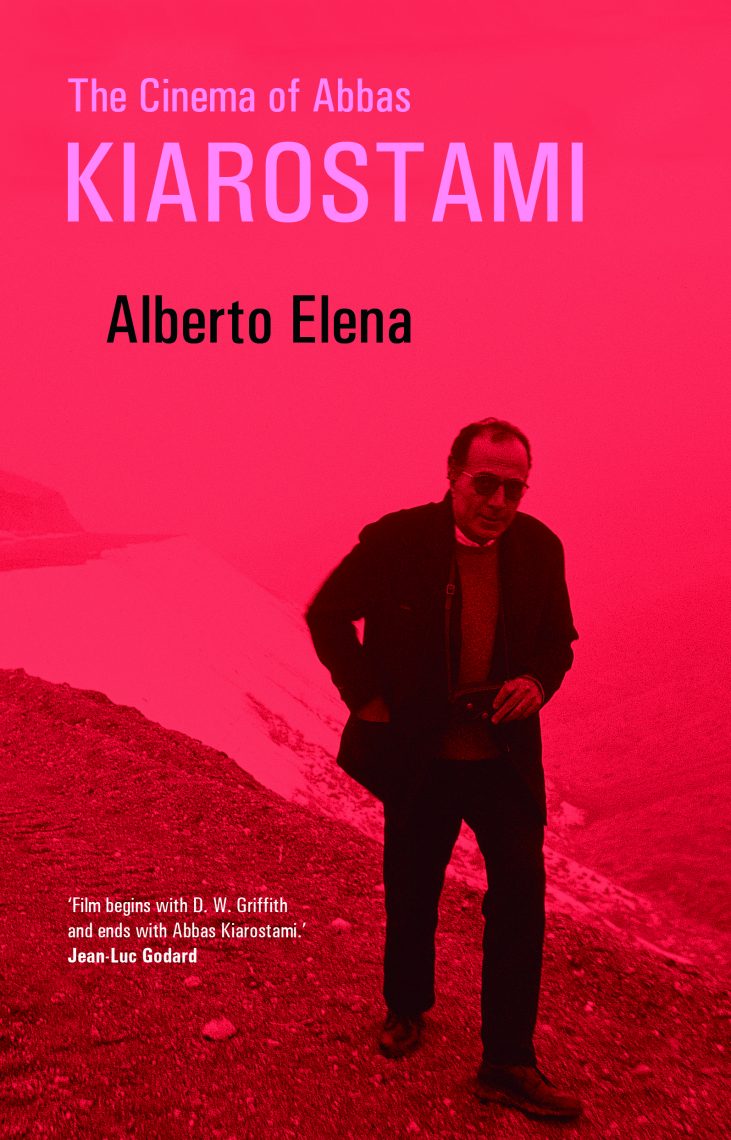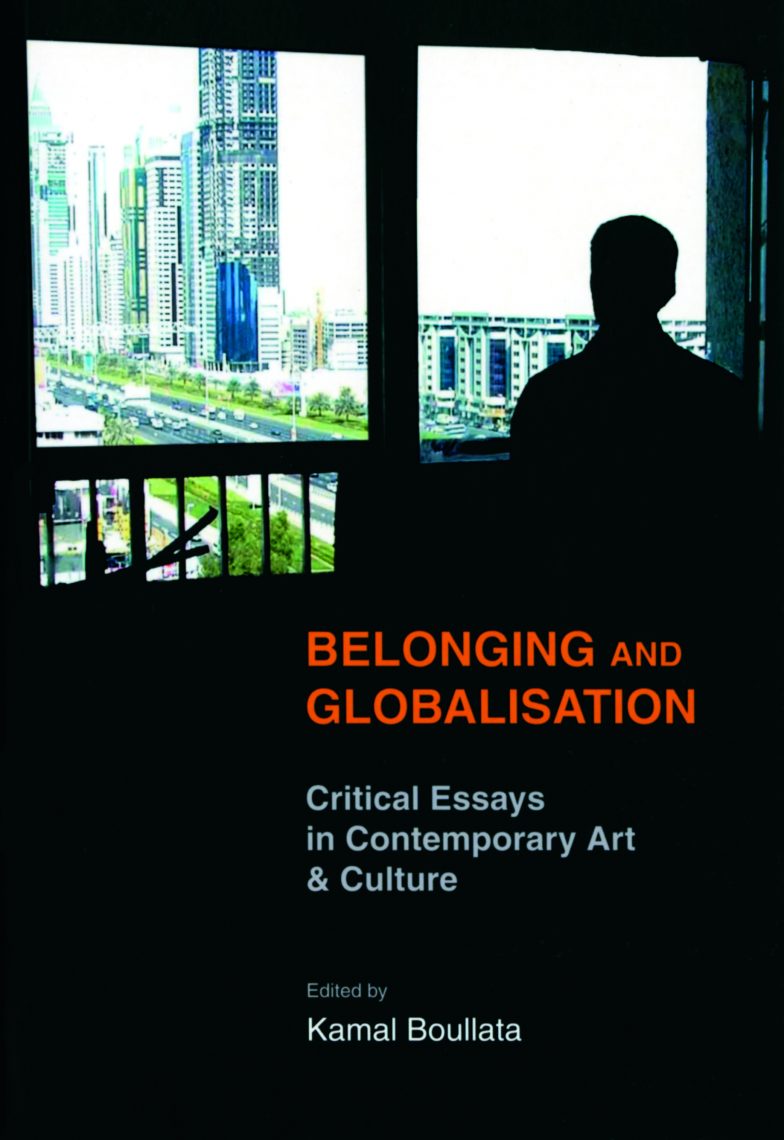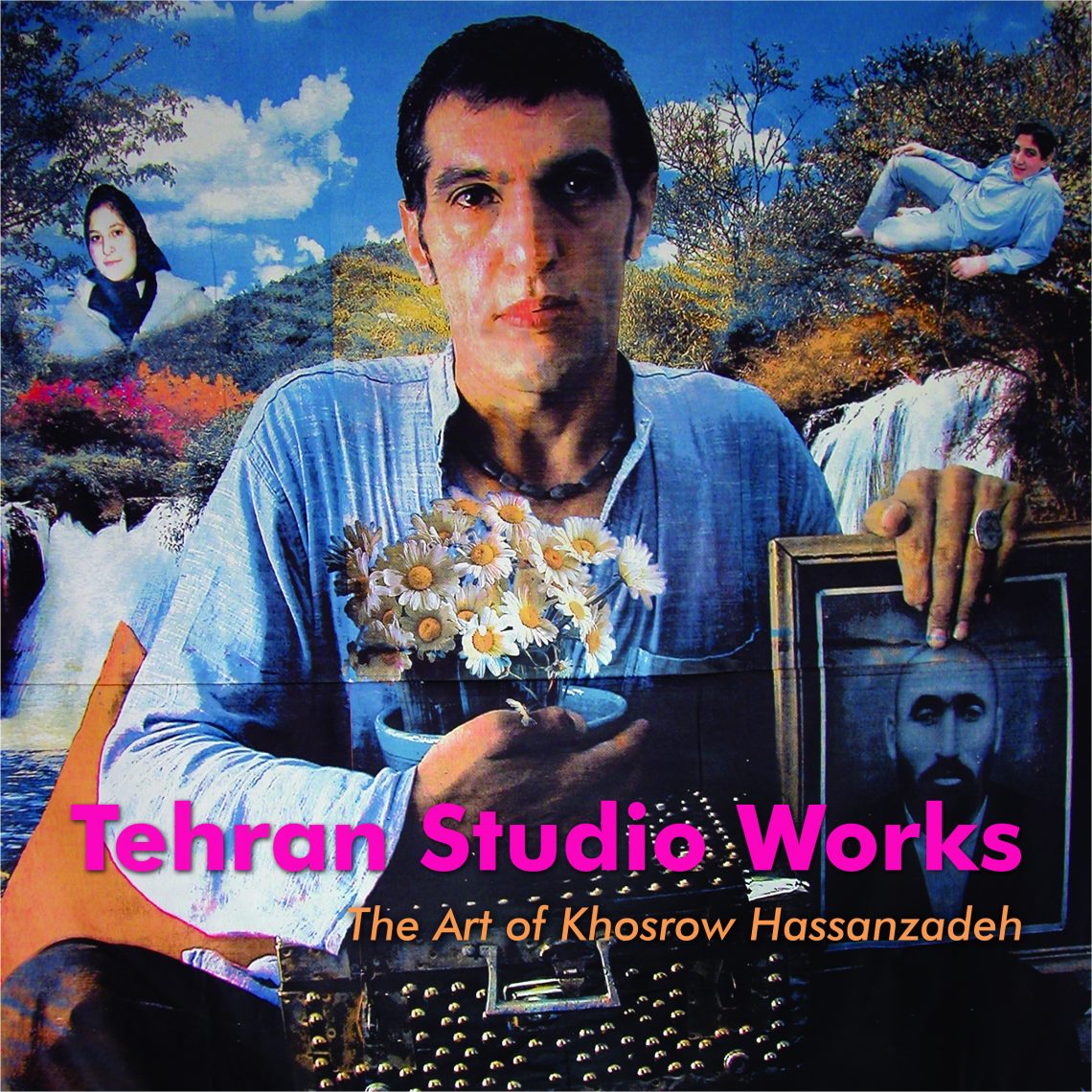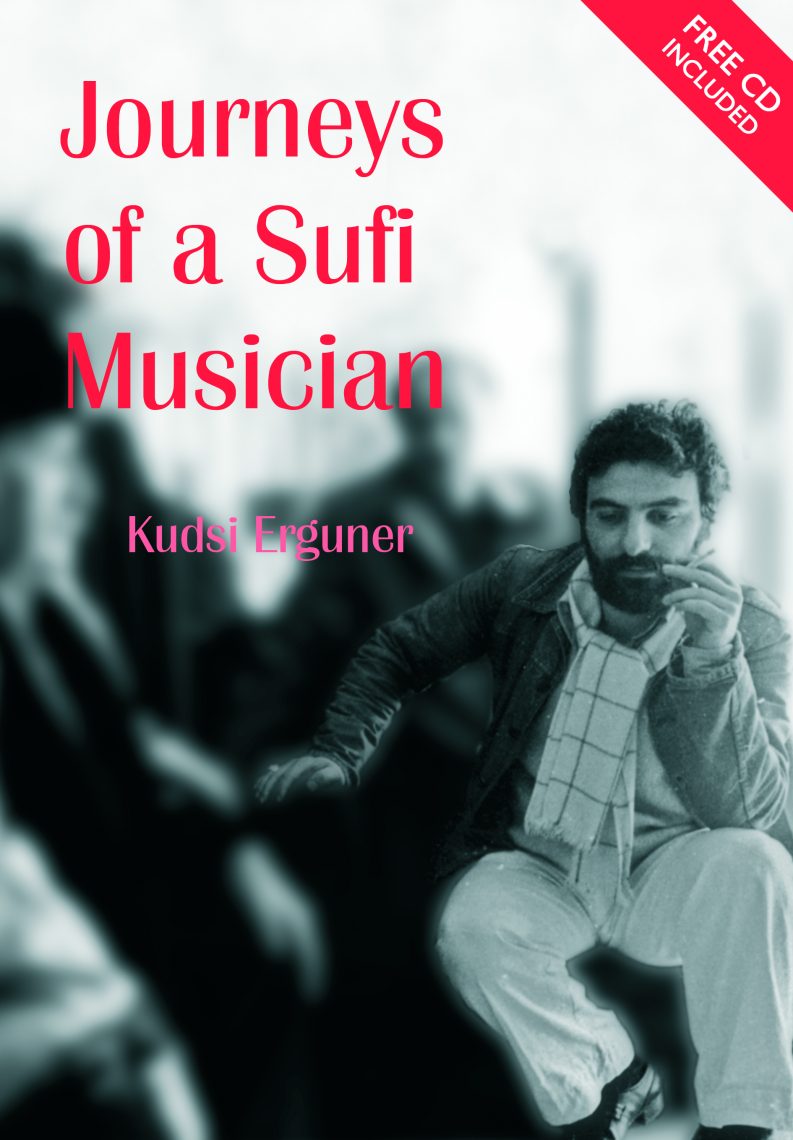
The Cinema of Abbas Kiarostami
Alberto Elena
Translated by Belinda Coombes
£12.99
Out of stock
About the Book
Abbas Kiarostami’s films have taken their place alongside the masterworks of world cinema. He remains the most influential filmmaker of post-revolutionary Iran and has produced a body of work that is as rooted in his native land as it is universal in appeal.
Respected cinema historian Alberto Elena uses Iranian sources wherever possible to frame Kiarostami’s oeuvre within the context of the rich artistic and intellectual Persian tradition that has nurtured the director. He examines his blending of fiction and reality, and his recurring themes of death, meaning in life, isolation, solidarity and the lives of women. The result is a retrospective that reveals exactly how this most Iranian of directors has come to assume a place in the pantheon of international cinema, from his early days as an illustrator and graphic designer, and his collaborative work and influences to his current master-status.
About the Author
Alberto Elena teaches film history at the Universidad Autónoma de Madrid. The editor of Secuencias, Revista de Historia del Cine, he has organised various film retrospectives and participated as a member of the jury at different international film festivals. In addition to his contributions to numerous periodicals, his publications include The Cinema of Abbas Kiarostami, Cine e Islam, Satyajit Ray, Ciencia, cine e historia: de Méliès a 2001 and The Cinema of Latin America.
Reviews
'Film begins with D. W. Griffith and ends with Abbas Kiarostami.' Jean-Luc Goddard
‘Words cannot describe my feelings about his films ... When Satyajit Ray passed on I was very depressed. But after seeing Kiarostami's films I thanked God for giving us just the right person to take his place.’ Akira Kurosawa
‘In the last fifteen years Abbas Kiarostami has been one of the most important and influential film makers in the world.’ Geoff Andrew, National Film Theatre, London
‘Kiarostami will find a quiet place and listen to a man's heart, right up until it stops beating. And then he will listen some more.’ TIME


